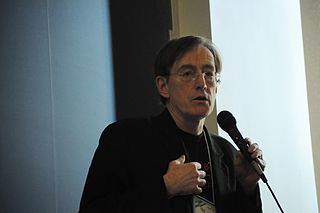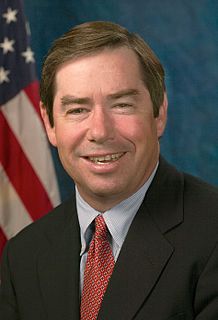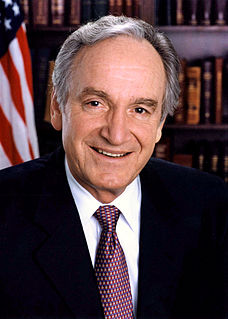A Quote by Pauley Perrette
I have a big passion about civil rights for everyone - whoever is being downtrodden at the moment, it doesn't matter: racial discrimination or sexual orientation or gender. Whatever it is, I'm there. I think I was a born civil rights activist. I can't stand the smashing of a community. It's not fair and it's not right.
Related Quotes
There's this big debate that goes on in America about what rights are: Civil rights, human rights, what they are? it's an artificial debate. Because everybody has rights. Everybody has rights - I don't care who you are, what you do, where you come from, how you were born, what your race or creed or color is. You have rights. Everybody's got rights.
Contrary to the claims of the supporters of the Civil Rights Act of 1964 and the sponsors of H.Res. 676, the Civil Rights Act of 1964 did not improve race relations or enhance freedom. Instead, the forced integration dictated by the Civil Rights Act of 1964 increased racial tensions while diminishing individual liberty.
It is long past time to eliminate bigotry in the workplace and to ensure equal opportunity for all Americans. It is time to make clear that lesbian, gay, bisexual, and transgender Americans are first class citizens. They are full and welcome members of our American family and they deserve the same civil rights protections as all other Americans. It is time for us to prohibit discrimination based on sexual orientation and gender identity. Such discrimination is wrong and should not be tolerated.
The great paradox of the civil rights revolution is that instead of enforcing and expanding equality before the law, the revolution created differential rights based on race, gender and, any day now, sexual orientation. The great liberal revolution, centuries in the making, that brought forth equality in law has been overthrown. In its place we see rising a new feudal legal order of status-based rights.
I think one of the tragedies of the civil rights movement was because the civil rights movement became so court-focused, I think that there was a tendency to lose track of the political and community organizing, and activities on the ground, that are able to put together the actual coalitions of power throughout which you bring about redistributive change. And in some ways, we still suffer from that.



































